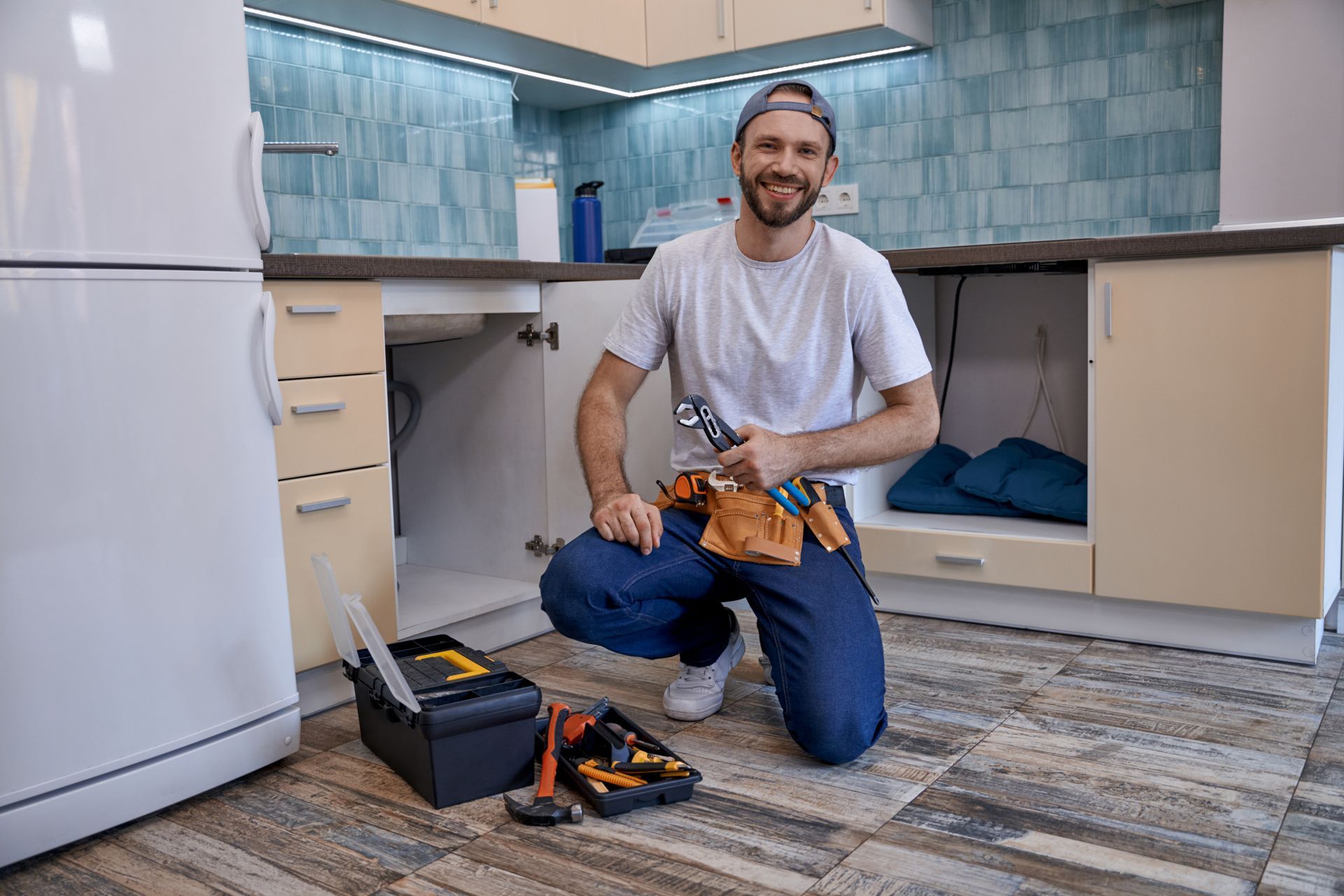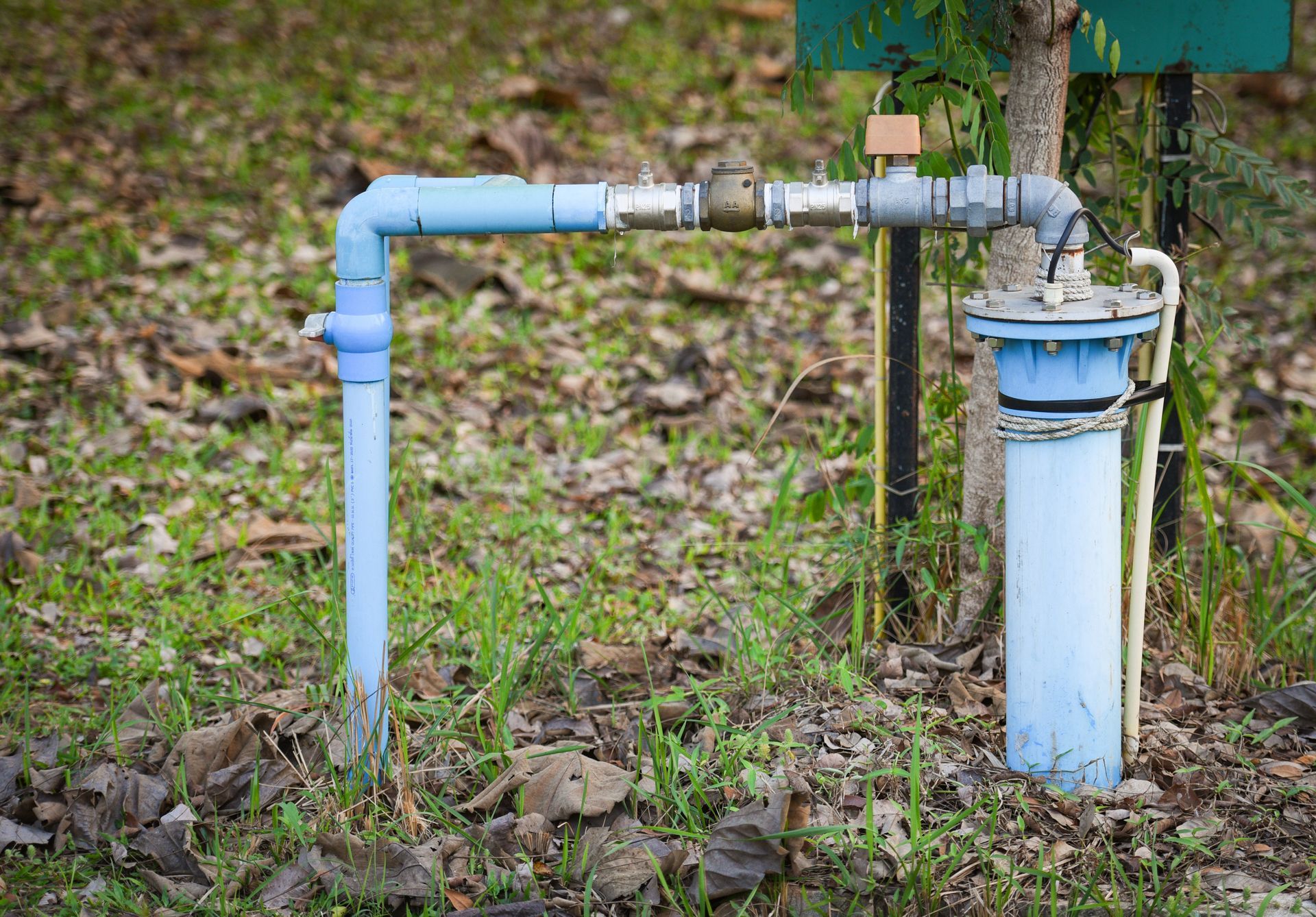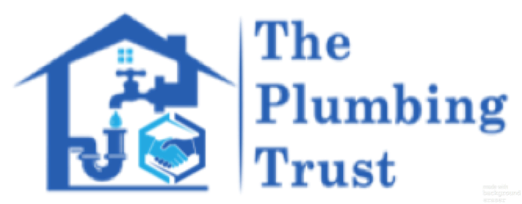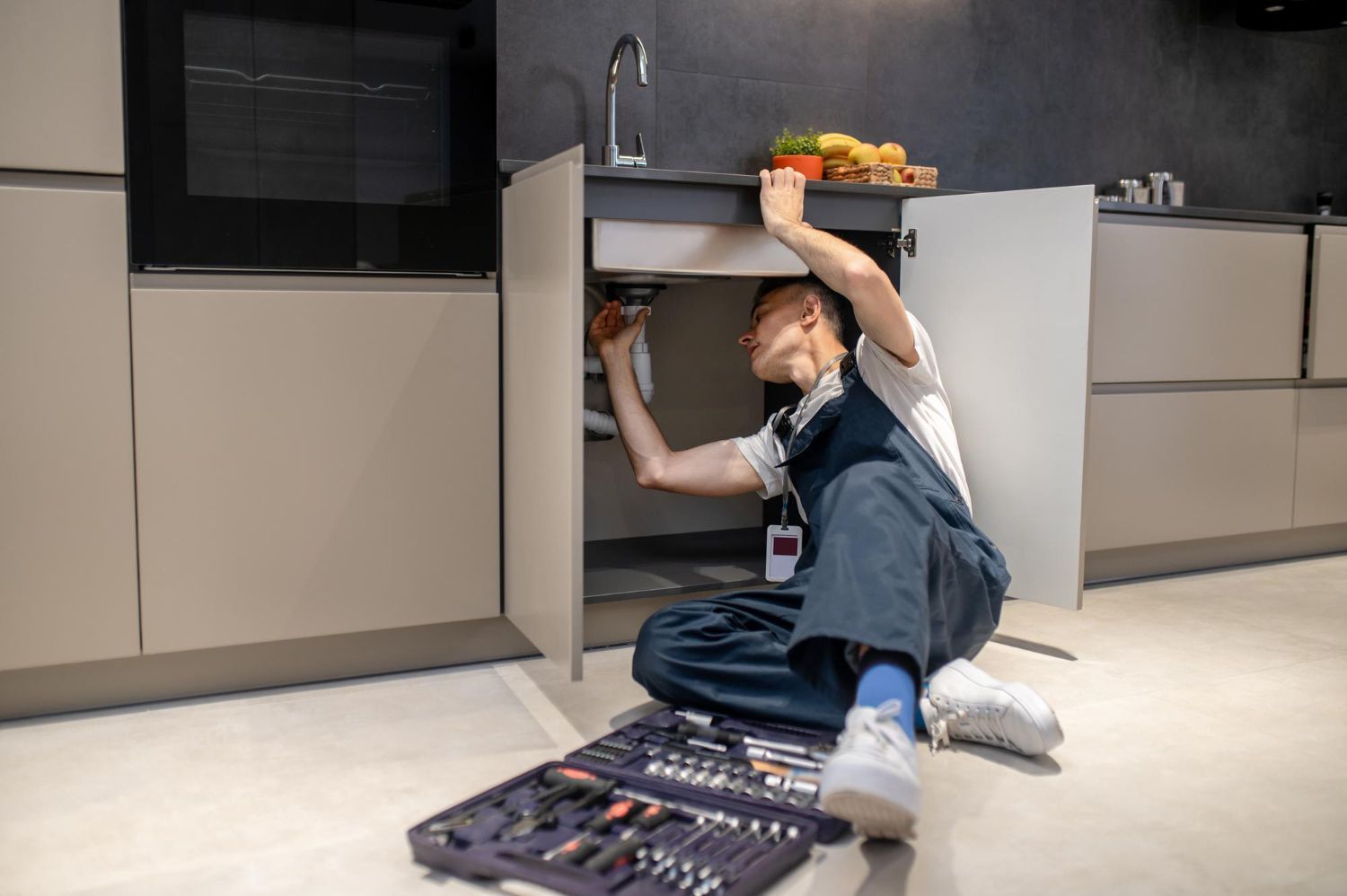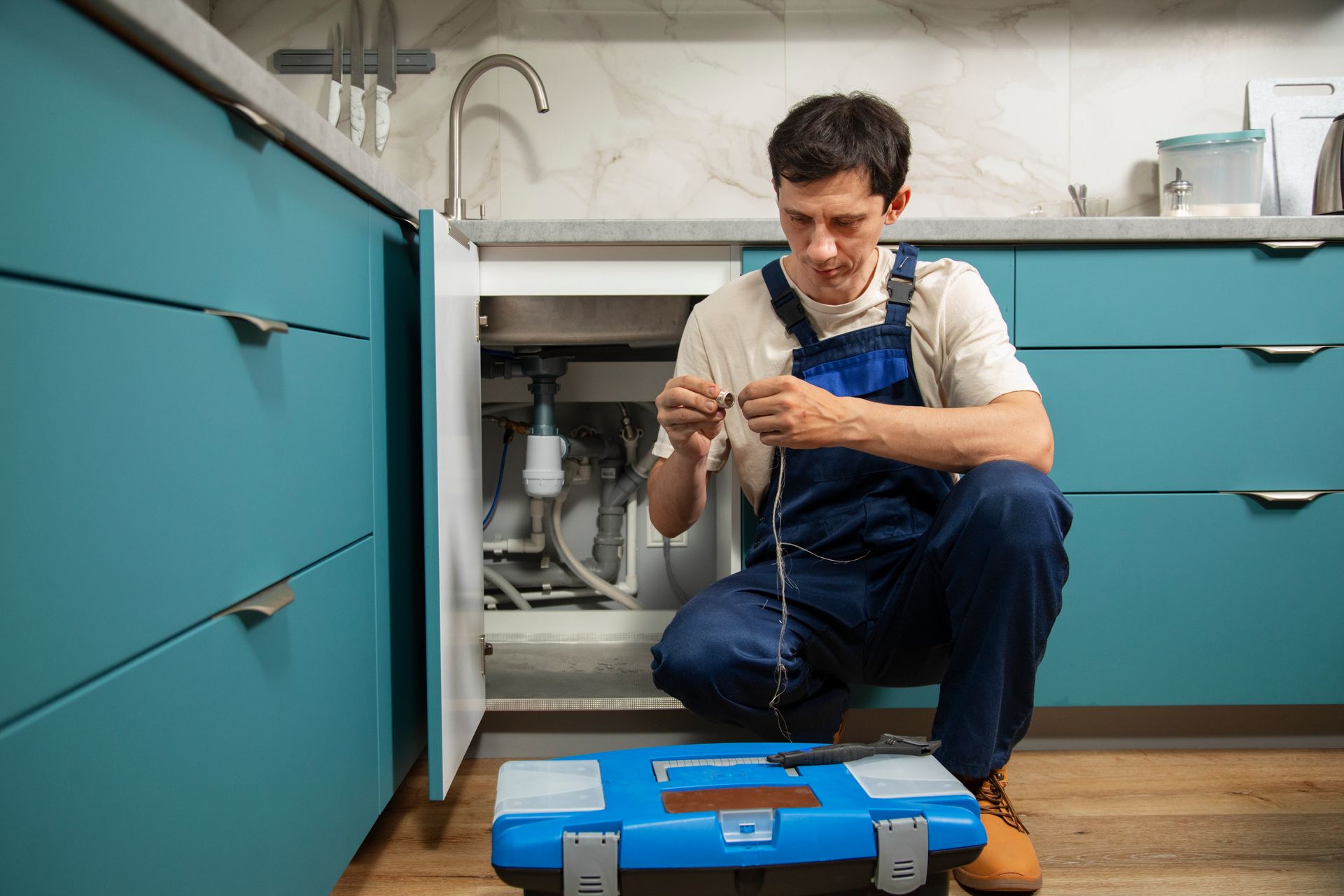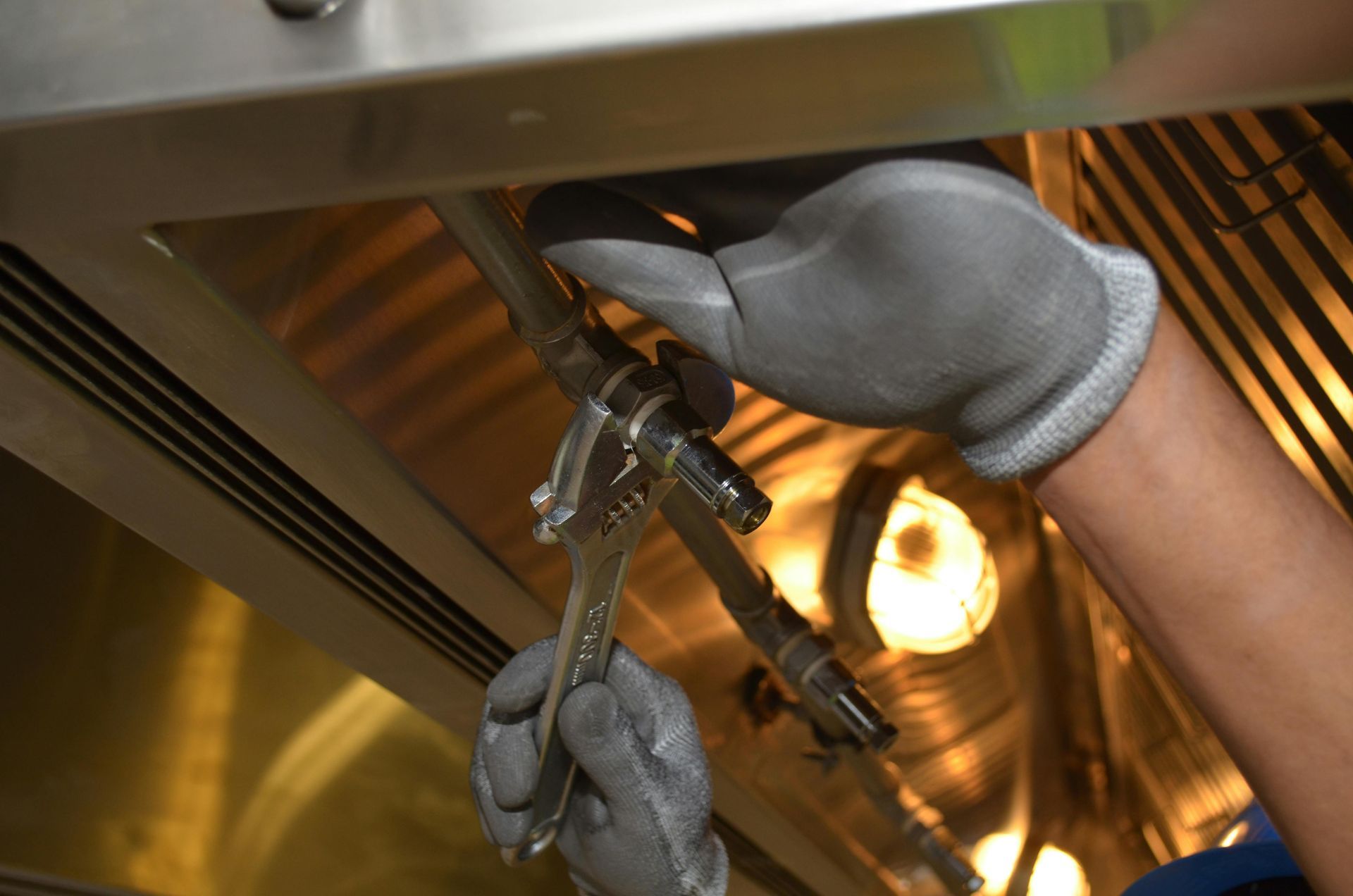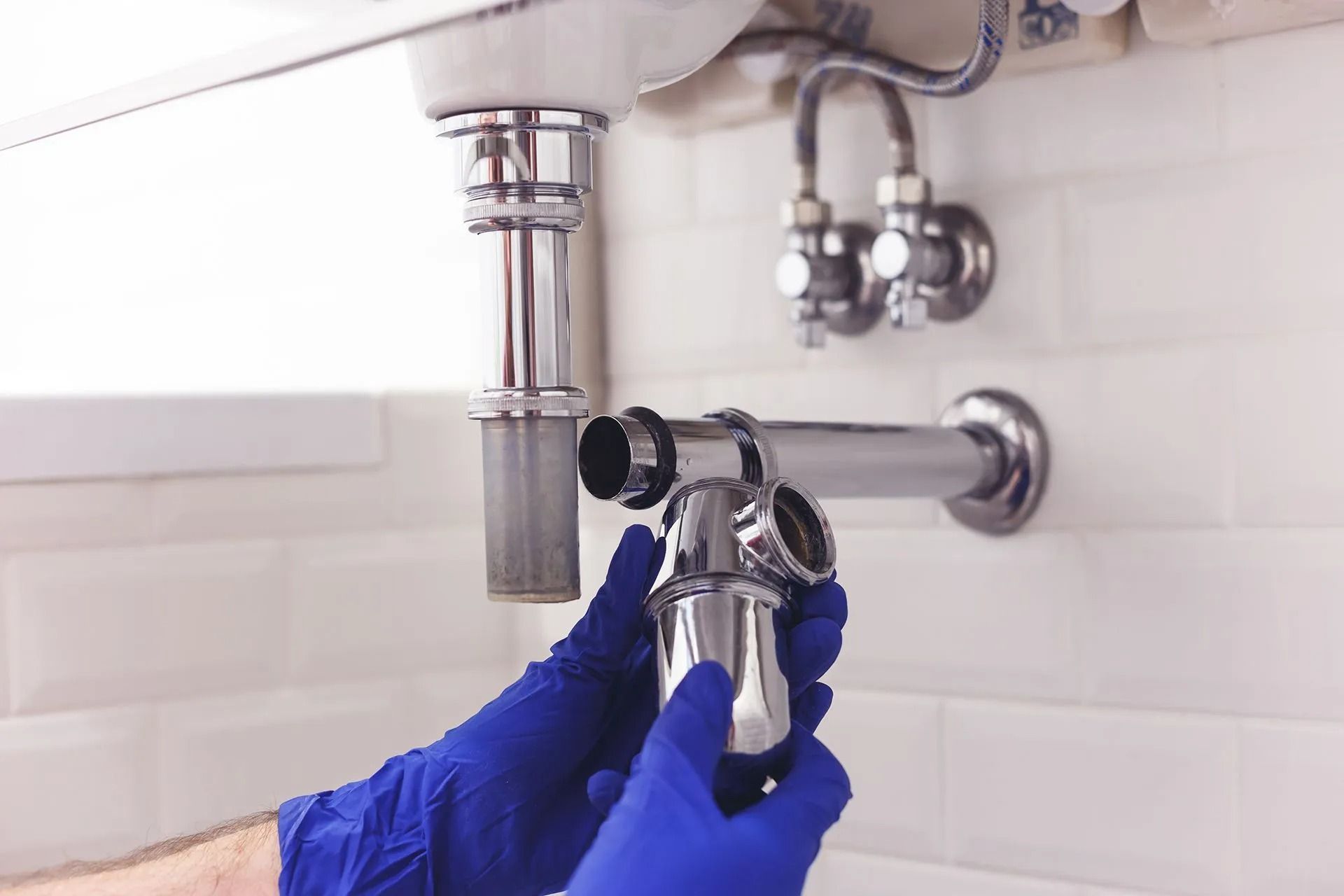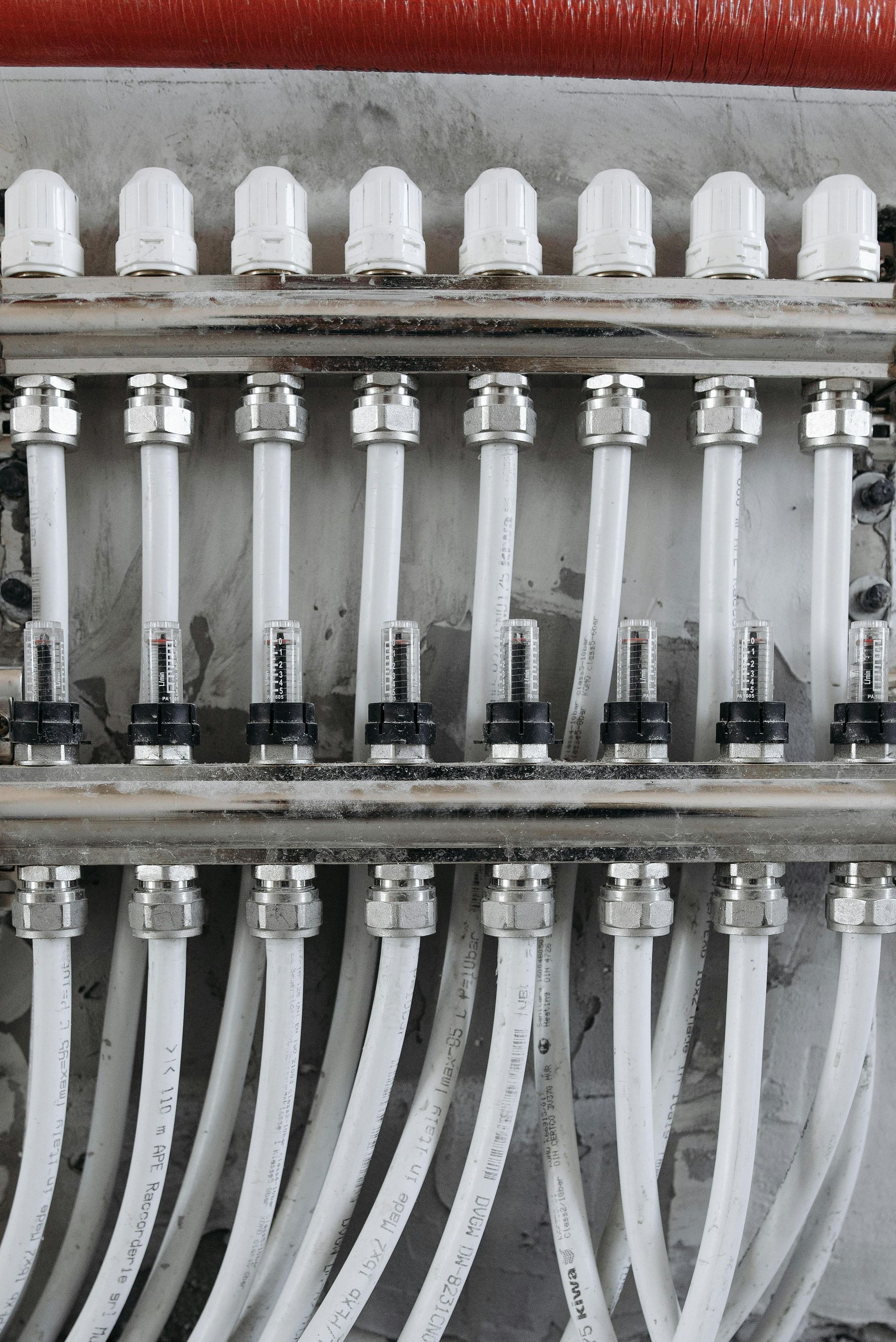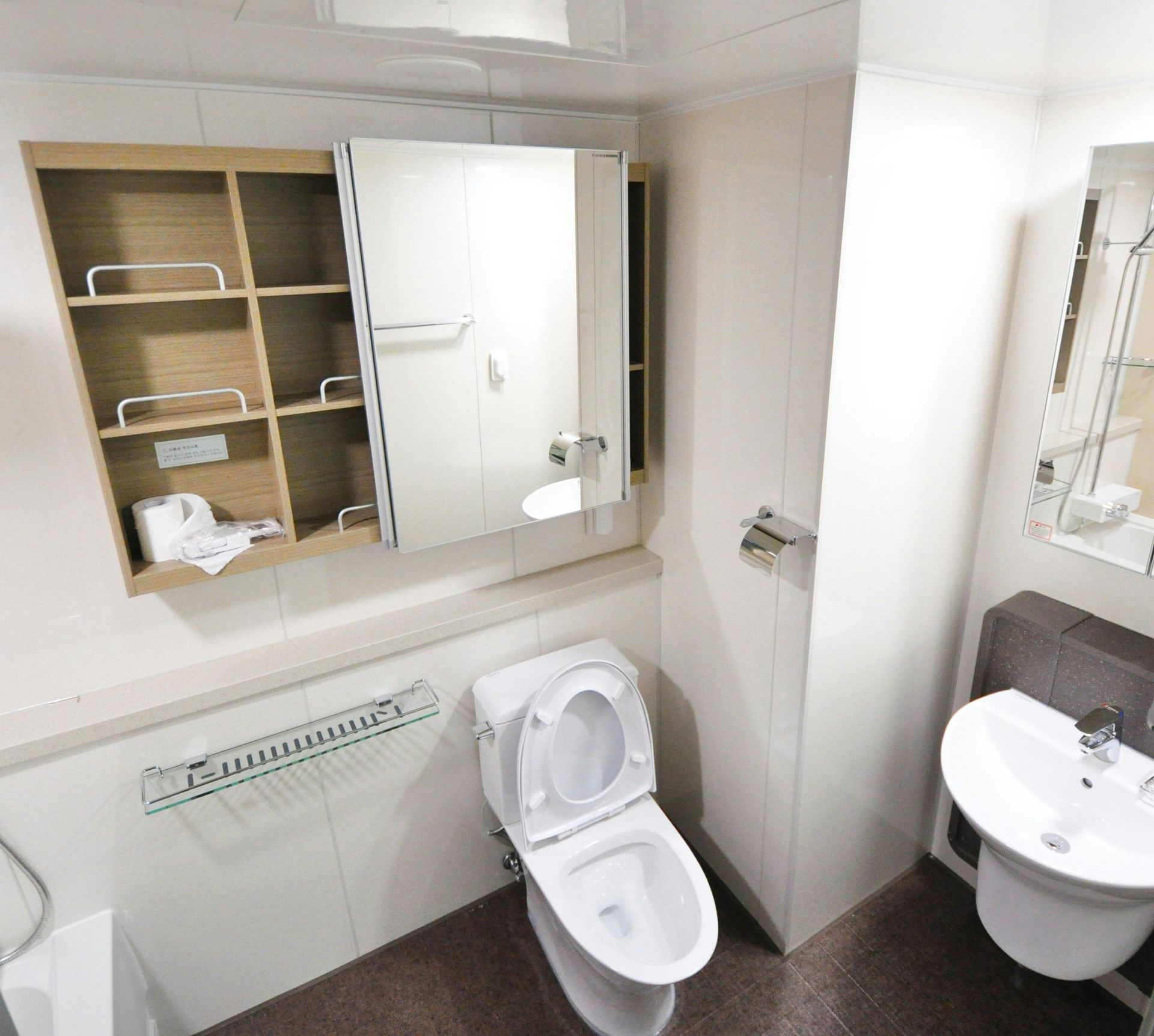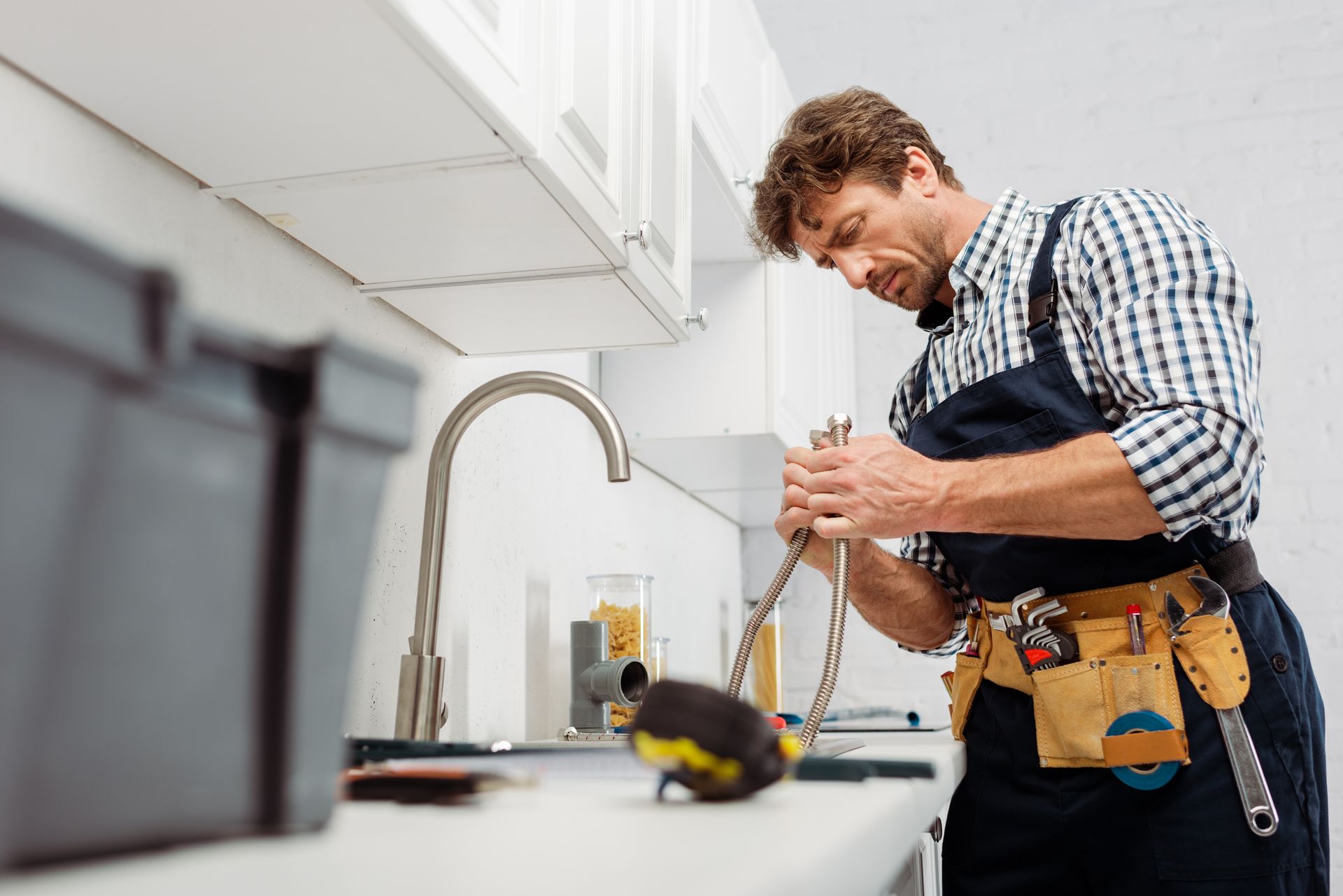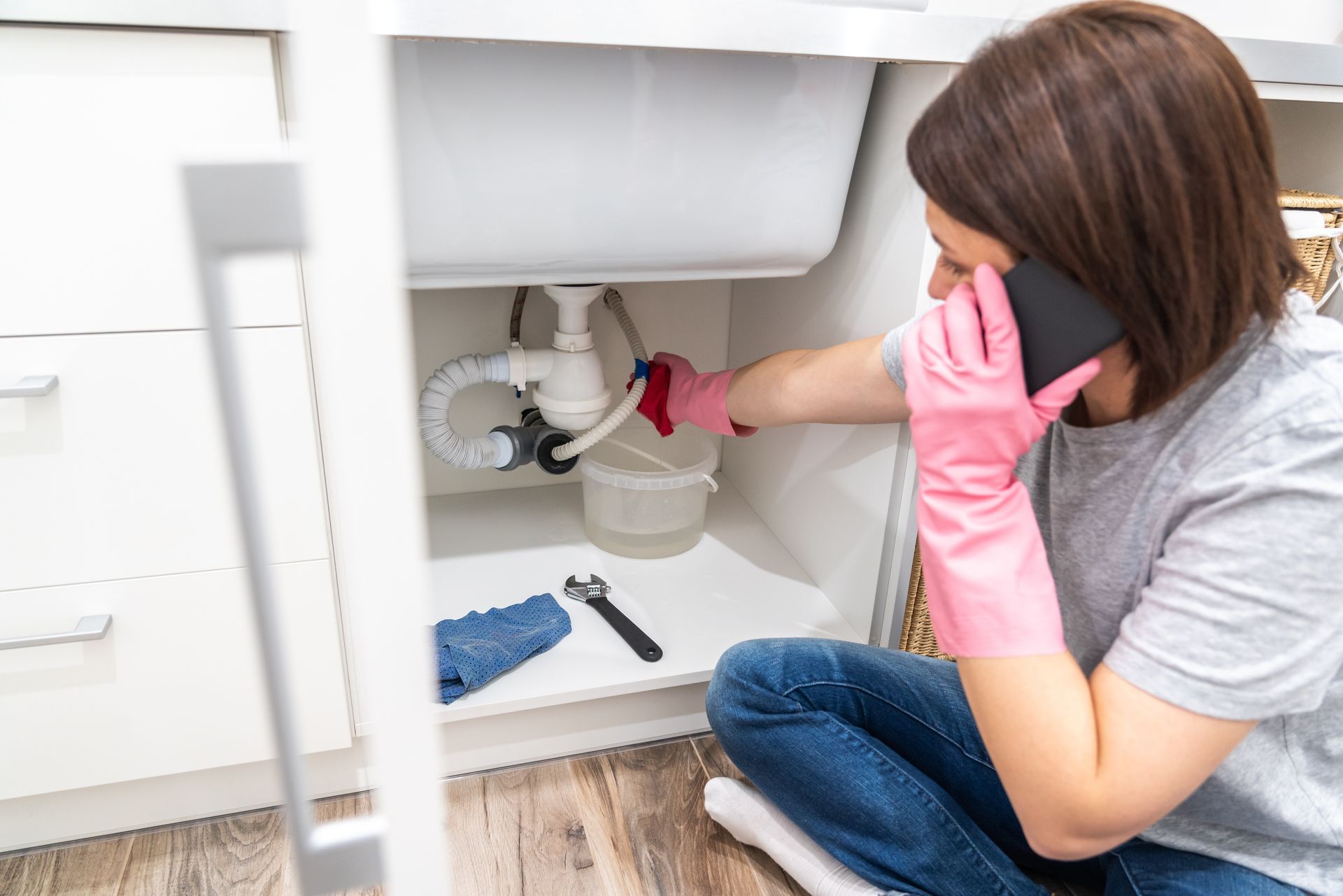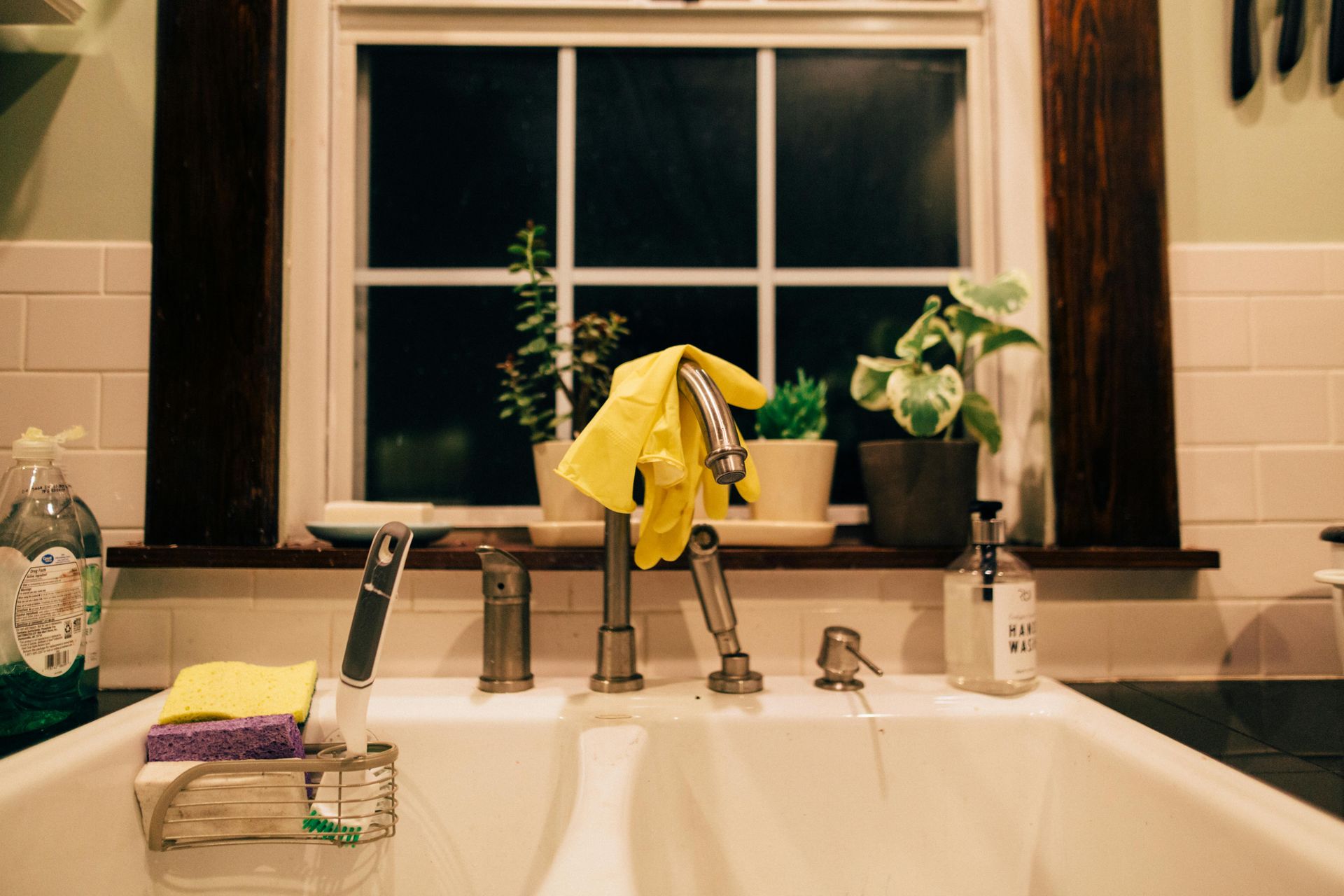Residential Plumbing Maintenance: Essential Tips for Every Home
When it comes to keeping your home running smoothly, the plumbing system is one of those silent heroes you don’t think about much—until something goes wrong. From the moment you brush your teeth in the morning to the late-night load of laundry, your plumbing works tirelessly behind the scenes. That is, of course, if you take care of it.
Ignoring residential plumbing maintenance can lead to costly repairs, unnecessary water waste, and the kind of headaches you’d rather not deal with. In this guide, we’ll break down the essential maintenance tips every homeowner should know, how to spot issues before they become disasters, and when to call in professional residential plumbing services.
Why Residential Plumbing Maintenance Matters More Than You Think
Residential plumbing isn’t just about pipes and faucets. It’s a network of interconnected systems that handle clean water supply, wastewater removal, heating, and more. Proper maintenance of these systems is vital to avoid leaks, water damage, and unexpected bills.
A few reasons regular upkeep is important:
- Prevents costly repairs – Small leaks can quickly turn into major problems if ignored.
- Increases system lifespan – Well-maintained systems last longer and perform better.
- Improves water quality – Maintenance helps prevent contaminants from entering your water.
- Boosts efficiency – Efficient plumbing reduces water and energy waste.
Think of plumbing maintenance like regular car service. You wouldn’t skip oil changes and expect your engine to last forever. The same goes for your plumbing. A little attention now saves a lot of stress later.
Common Residential Plumbing Issues You Can Avoid
Many residential plumbing repair calls happen because of preventable issues. Knowing what to watch for can save you time and money.
1. Dripping Faucets
That steady drip isn’t just annoying—it wastes gallons of water over time. Usually, it’s a worn-out washer or seal, an easy fix if caught early.
2. Clogged Drains
Hair, soap scum, grease, and food particles are the main culprits. Using drain covers and avoiding dumping grease down the sink can help.
3. Running Toilets
Often caused by a faulty flapper or fill valve, a running toilet can waste hundreds of gallons of water a month.
4. Low Water Pressure
Mineral buildup, leaks, or faulty valves can all cause this issue. Regular inspections catch these problems early.
5. Hidden Leaks
Not all leaks are obvious. Watch for signs like higher water bills, musty smells, or damp spots on walls and floors.
A little preventive care can stop these problems before they escalate into a full-blown plumbing emergency.
Essential Tips for Residential Plumbing Maintenance
You don’t have to be a plumber to keep your system in good shape. Here are some essential maintenance tips you can handle yourself or schedule with a professional:
1. Check for leaks regularly
Look under sinks, around appliances, and behind toilets for signs of moisture.
2. Clean your drains
Use natural methods like baking soda and vinegar to keep drains clear instead of harsh chemicals that can damage pipes.
3. Insulate exposed pipes
Especially in Martinsburg winters, frozen pipes can burst and cause massive water damage.
4. Maintain your water heater
Flush it once a year to remove sediment buildup, which can reduce efficiency.
5. Schedule yearly inspections
A professional plumber can spot small problems before they turn into expensive repairs.
Remember, while DIY maintenance is helpful, some jobs require the skills of trained professionals who specialize in residential plumbing services.
When to Call for Residential Plumbing Repair Services
Some plumbing issues are not worth the risk of a DIY fix. Here’s when you should call a pro:
- Persistent leaks – Even small ones can cause structural damage over time.
- Frequent clogs – Recurring blockages could indicate deeper issues in your system.
- No hot water – Could be a failing water heater or a deeper issue with your plumbing lines.
- Low water pressure throughout the house – Likely due to a main line problem.
- Water discoloration – May point to corrosion or contamination.
If in doubt, call a professional. It’s better to have a plumber confirm nothing is wrong than to risk major water damage by waiting.
Pro Maintenance Checklist for Homeowners
Here’s a handy list to keep your residential plumbing in top shape:
- Inspect faucets and showerheads for leaks monthly.
- Clean drains monthly to prevent buildup.
- Flush the water heater annually.
- Test water pressure twice a year.
- Inspect exposed pipes for signs of corrosion or damage.
- Check your sump pump before heavy rain seasons.
By following this checklist, you can keep most plumbing issues at bay and ensure your home’s system runs efficiently.
The Role of Professional Residential Plumbing Services in Martinsburg, WV
Even if you’re diligent about maintenance, there are things only a professional can do. Licensed plumbers have the tools, training, and expertise to diagnose problems quickly and accurately. Plus, they know Martinsburg homes and the unique challenges the Eastern Panhandle’s weather and water conditions can bring.
Professional plumbers can:
- Perform camera inspections of your pipes.
- Detect hidden leaks without tearing apart your home.
- Repair or replace faulty components quickly.
- Provide water treatment solutions to improve quality.
- Maintain and install tankless water heaters for energy savings.
Partnering with a trusted local plumber ensures your system stays healthy for years to come.
Call The Plumbing Trust for Expert Residential Plumbing Maintenance in Martinsburg, WV
If you’re serious about keeping your plumbing system in top shape, our team at The Plumbing Trust is here to help. We specialize in residential plumbing services, including routine maintenance, residential plumbing repair, and water treatment solutions. Serving all of the Eastern Panhandle of West Virginia, we bring reliable service, expert workmanship, and friendly advice you can count on.
From preventive inspections to emergency repairs, our licensed plumbers handle it all. We also offer services for
tankless water heaters,
underground utilities, and
well pump repairs. Call us today at
(304) 249-4956 to schedule your plumbing service and keep your home running smoothly year-round.
FAQs
How often should I have my residential plumbing inspected?
At least once a year. Regular inspections catch problems early and extend the life of your system.
Can I use chemical drain cleaners for clogs?
It’s better to avoid them. Harsh chemicals can damage pipes and harm the environment. Opt for natural solutions or professional drain cleaning.
What’s the lifespan of a residential water heater?
Traditional water heaters last 8–12 years, while tankless models can last up to 20 years with proper maintenance.
Why is my water bill suddenly higher?
This could be due to a hidden leak, running toilet, or malfunctioning appliance. A professional plumber can help identify the source.
Do I need a water treatment system?
If you notice strange tastes, odors, or staining, a water treatment system can improve quality and protect your plumbing.
